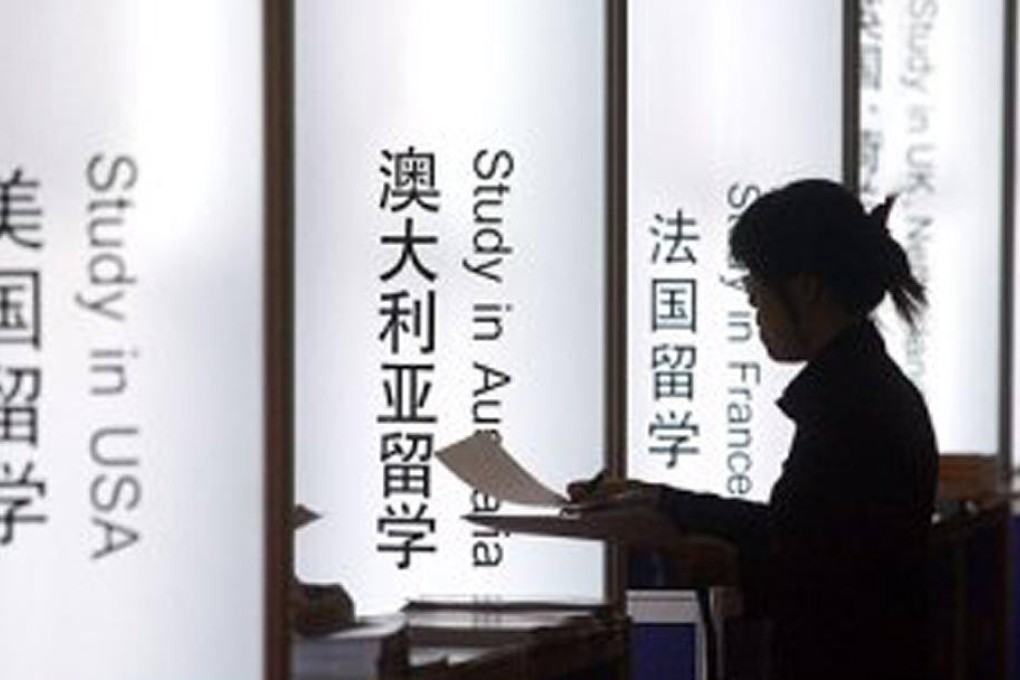Mainland pupils looking to study abroad earlier
Bluebook survey underscores concerns about competiveness of mainland education system

More than one-in-four mainland secondary school pupils keen to study overseas say they would like to go while they are still in high school, according to a new survey.

By sending their children overseas to finish secondary school, parents hope their children will better master the language and acclimatise to a foreign culture, giving them a competitive edge during university admissions.
The Bluebook's author, Wang Huiyao , said the number of mainland children studying in American high schools had grown from 65 in 2006 to nearly 24,000 last year, according to statistics from the US Department of Homeland Security.
"Even more strikingly, pupils with outstanding performance have edged out those from privileged families to lead the trend among younger pupils going to study overseas," said Wang, who is also director of the Centre for China and Globalisation.
The survey of 7,700 secondary school pupils found 27 per cent of those who wanted to study overseas hoped to head abroad before finishing secondary school. Another 61 per cent would like to study abroad as they finish high school. Only 12 per cent wanted to wait until finishing high school before going abroad.
A decade ago, mainlanders with the financial means usually did not go overseas until they began postgraduate studies.